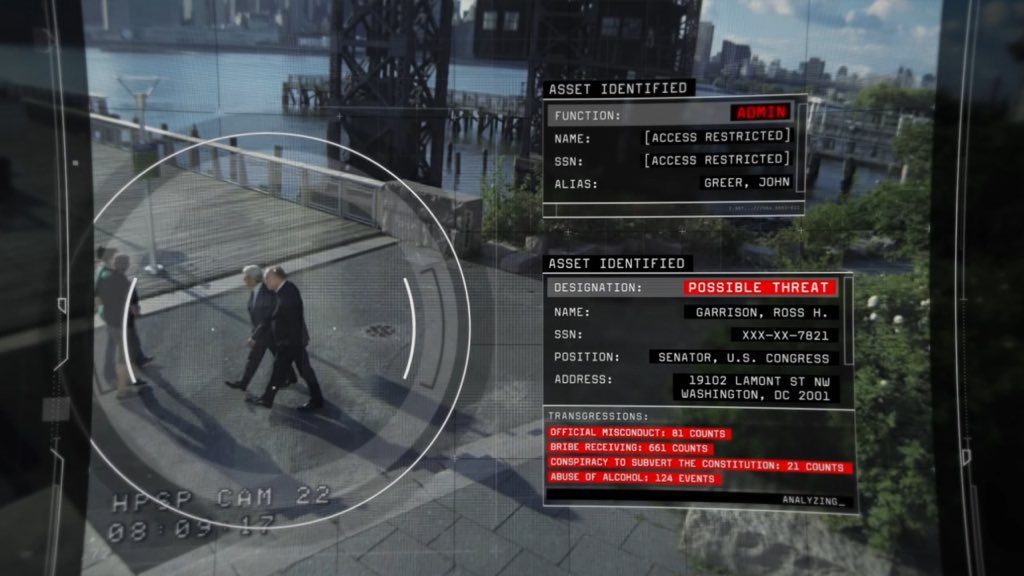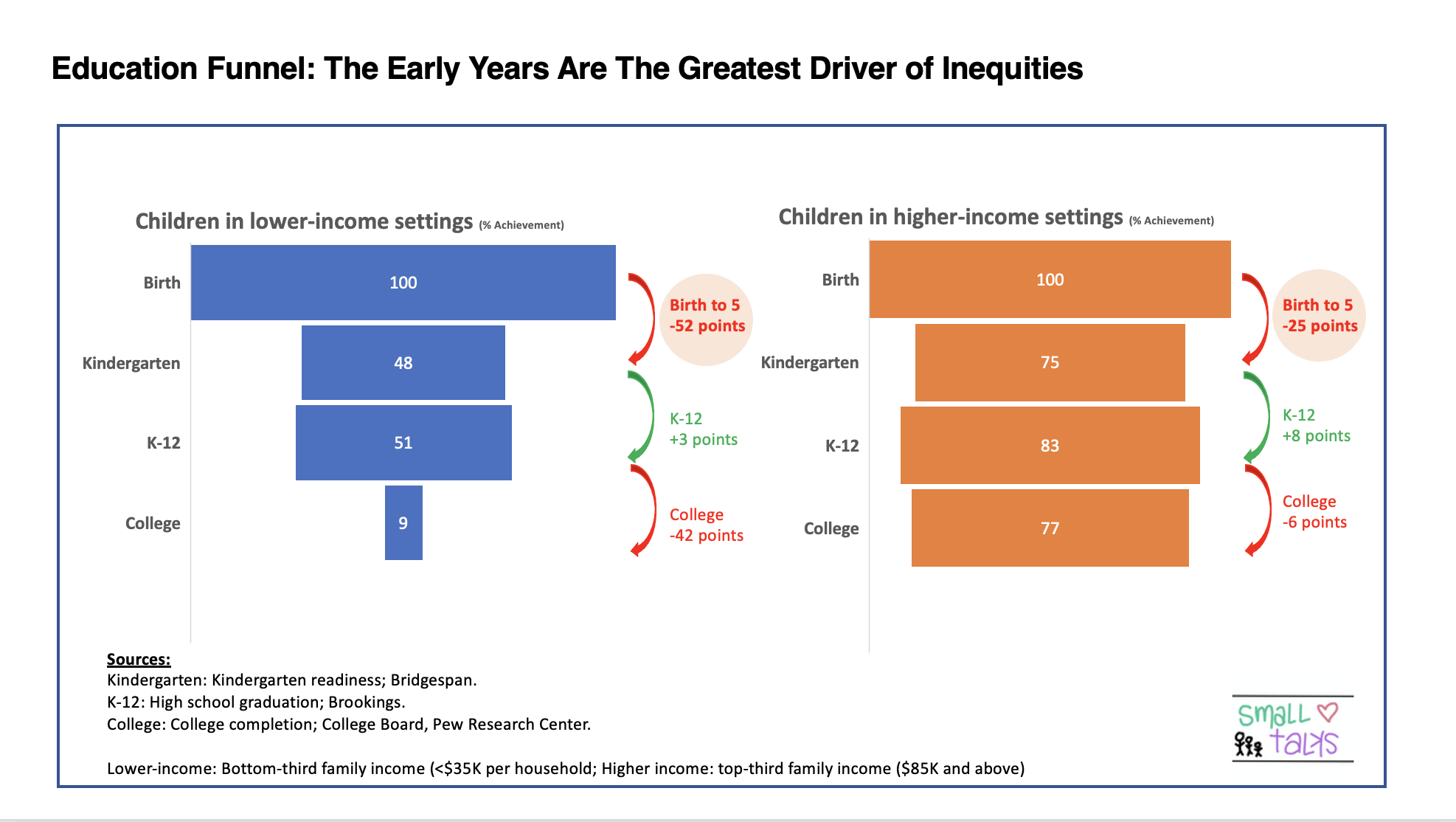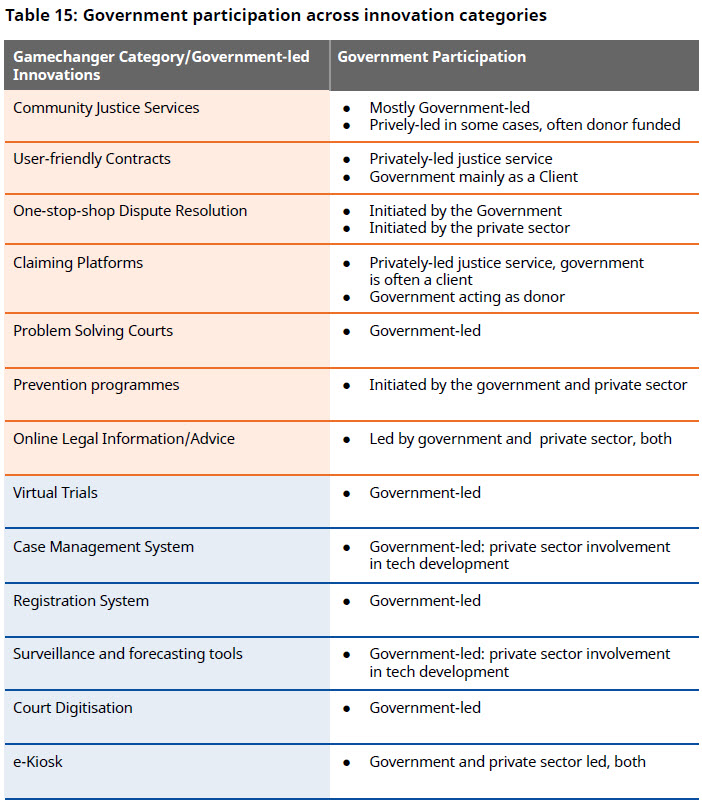Feds’ spending on facial recognition tech expands, despite privacy concerns — from by Tonya Riley
Excerpt:
The FBI on Dec. 30 signed a deal with Clearview AI for an $18,000 subscription license to the company’s facial recognition technology. While the value of the contract might seem just a drop in the bucket for the agency’s nearly $10 billion budget, the contract was significant in that it cemented the agency’s relationship with the controversial firm. The FBI previously acknowledged using Clearview AI to the Government Accountability Office but did not specify if it had a contract with the company.
From DSC:
What?!? Isn’t this yet another foot in the door for Clearview AI and the like? Is this the kind of world that we want to create for our kids?! Will our kids have any privacy whatsoever? I feel so powerless to effect change here. This technology, like other techs, will have a life of its own. Don’t think it will stop at finding criminals.

This is a snapshot from the series entitled, “Person of Interest.“
Will this show prove to be right on the mark?
Addendum on 1/18/22:
As an example, check out this article:
- Tencent is scanning kids’ faces to stop them using older relatives’ gaming accounts to get around China’s gaming restrictions — from businessinsider.com by Weilun Soon
Tencent is set to ramp up facial recognition on Chinese children who log into its gaming platform. The increased surveillance comes as the tech giant caps how long kids spend gaming on its platform. In August 2021, China imposed strict limits on how much time children could spend gaming online.











